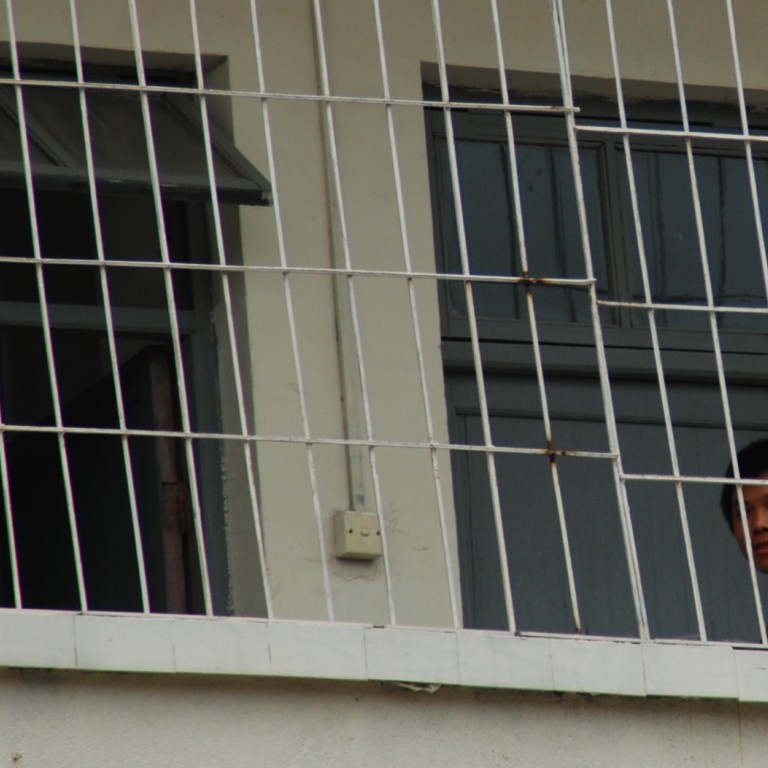
Teenager's death sheds light on brutal discipline at military-style camps for internet addicts
A 19-year old girl’s death at a military-style “boot camp” in Henan province for internet-addiction treatment has shed light on the institute’s frequent use of corporal punishment.
A 19-year old girl’s death at a military-style “boot camp” in Henan province for internet-addiction treatment has shed light on the institute’s frequent use of corporal punishment.
The girl died last month after being forced to go through so-called “training” that involved being lifted by instructors to a short distance above the ground and then dropped, reported on Sunday.
Another 14-year old girl who also underwent the same training suffered a dislocated bone at the back of her neck, and other head injuries. She said the dead girl had been forced to undergo this practice repeatedly for two hours before she started to vomit blood and eventually fell unconscious.
“They [trainers] suspected she was pretending and continued to kick her,” the injured teenager was cited as saying in recalling the fatal incident. Eventually the 19-year-old stopped breathing before medical staff called by the treatment camp arrived at the scene, but they were unable to revive her.
Zhengzhou police have detained five trainers who were allegedly involved in the girl’s death. The municipal education bureau also stripped the centre of its licence due to its “chaotic administration”.
Other students at the institute told the radio programme that trainers frequently resorted to corporal punishment. Students were often ordered to “stand still at night without going to sleep and lie on their stomachs on snow-covered fields in the winter,” the programme reported.
Students had been so desperate to escape from the centre that they resorted to throwing “rescue notes” from the windows.
Copies of some of the notes found by parents included phrases like “I want to go home, please call my mum”, and “Please save me, don’t tell teachers”. The report also said one student injured himself in an escape attempt by jumping from the second floor of the camp’s building. Another tried to poison himself by swallowing ink.
The institutes, with various names such as “behaviour modification centres” or “boot camps”, often tout programmes that last weeks or months to help treat “problematic children”, notably those addicted to the internet and school drop-outs who had proved difficult to discipline by their parents.
The programmes have been flourishing in the past decade as they have been the solution for many parents in dealing with their troubled teens.
But the camps vary wildly in standards due to inadequate government regulations in some parts of the country.
Many of the centres take a military-style approach and mete out harsh discipline to students. Media reports have revealed that students at some of the camps have experienced prison-like conditions and punishment amounting to abuse.
In 2009, a 15-year-old boy from Guangxi province died from being severely beaten by trainers just two days after arriving a camp treating internet addiction.
The incident sparked a public outcry and prompted the Health Ministry to issue guidelines banning the practices of restricting students’ freedom, locking them up or physical punishment. The Ministry earlier had also banned the use of electro-shock treatment for internet addiction.

